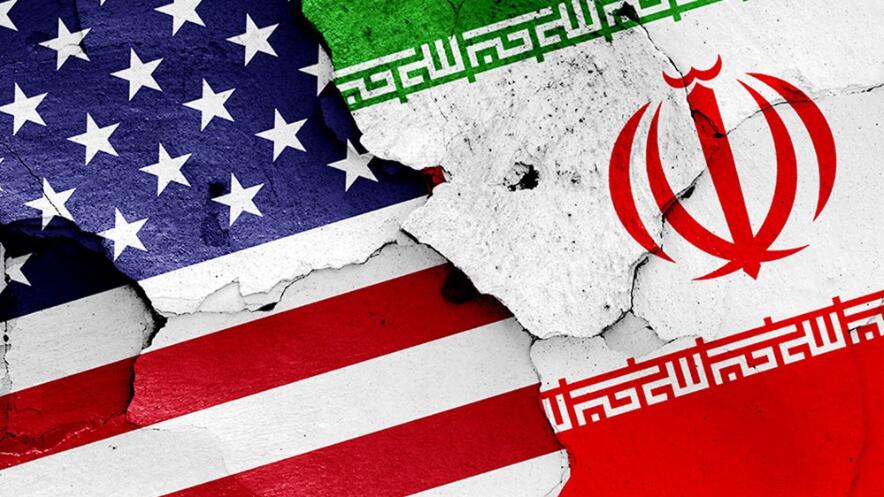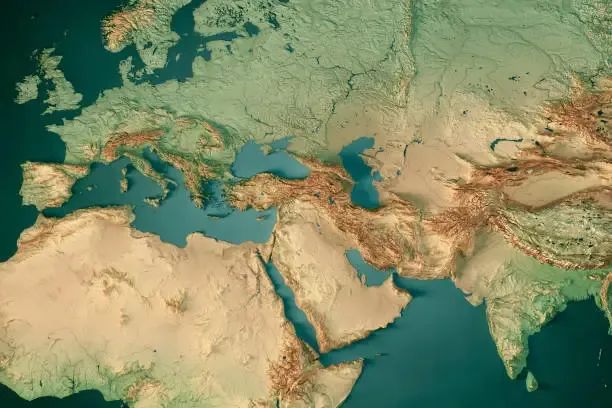
The 22nd FIFA World Cup is being held in Qatar, which is always seen as the carnival for the whole world especially in post-COVID era.
However, for Chinese fans, the World Cup always means a pity, because the level of the Chinese national football team is really unsatisfactory. They even frequently lose to their competitors who were inferior to themselves before. In the World Cup qualifiers, they even lost to Vietnam. Recently, the former national football coach, Li Tie, was taken away for investigation due to suspected corruption. Later, the media disclosed that several former national team players were involved in the scandal. This indicates that the national football team is bound to have a big change of blood.
Indeed, China's national self-confidence was frustrated by the defeat of China national football team in international competitions. At present, the public opinion's criticism of the national football team is nearly one-sided. However, the development of the national football team must depend on the support of the fans and even the Chinese people. At the same time, it is also an opportunity for change. China can take advantage of the football nationalism emerging in the World Cup to re-select talents and restructure the bureaucracies.
Although the China national football team failed to achieve good results in the World Cup, the popularity of football in China is also not losing ground. Every World Cup, for many people in China, is a time for revelry. However, not everyone who watch the World Cup loves football. For some of them, the World Cup is a legal gambling spree. The World Cup is still in progress, but many people have lost their property and even their lives because of gambling. Obviously, football is a sport that does not only rely on technology. Courage, endurance, luck and other factors will also affect the outcome of the event. Consequently, those who gamble tend to lose more.
Hopefully, extreme gambling cases may promote the reform of China's football lottery system. Perhaps the authorities can control extreme risks by limiting the amount of individual purchases or loans.
More importantly, the broadcast pictures of the World Cup let the Chinese see the scenario of a more open world, and also give the hope to the transformation of epidemic prevention policy in China. Taking the opportunity to enjoy the World Cup, Chinese people also expressed their yearning for the normalization of life in the post-COVID era on social media. It can be said that, as the first "normalized" international sports event, the World Cup has actually promoted a large number of international flows of population, and has also been seen as the early stage of resumption of cross-border flows of people worldwide in the near future.
In fact, China's epidemic prevention policy has achieved a leap forward transformation in recent days. On the basis of recognizing the low pathogenicity of Omicron, China began to adjust the strict centralized quarantine policy and relax the restrictions on inter-provincial mobility. Now, even people who are tested positive can choose to self-quarantine at home, and such measures are gradually in line with international standards. It is believed that the holding of major international events, including the World Cup, can also bring new evidences for China to further collect epidemic data and constantly adjust epidemic prevention policies.











